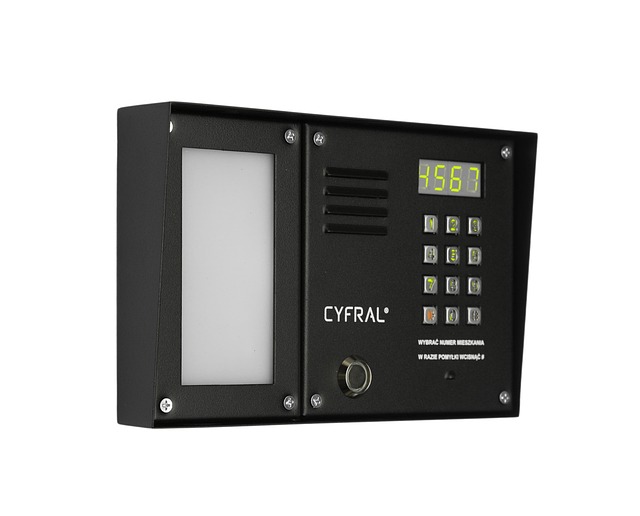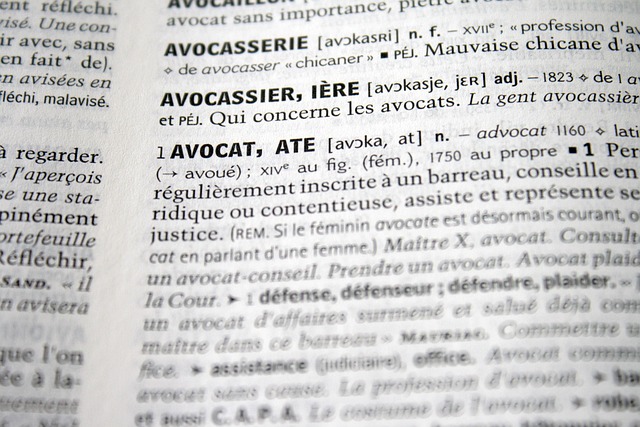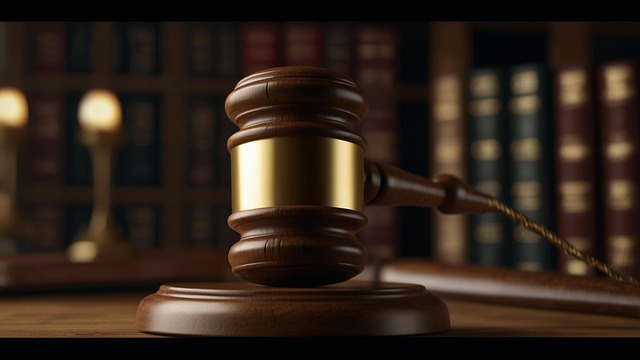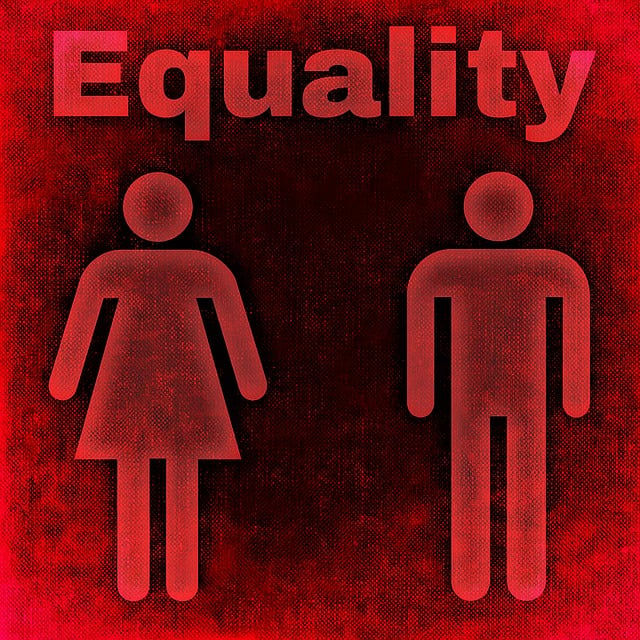In real estate, clear definition of landlord maintenance responsibilities is crucial for building trust with tenants and avoiding legal issues. Landlords are legally obligated to maintain properties safely and habitably, while tenants report issues and maintain property reasonably. Efficient communication through dedicated platforms or meetings expedites repairs and strengthens relationships, enhancing tenant satisfaction and property value retention in a competitive market.
In the dynamic realm of real estate, understanding landlord maintenance responsibilities is paramount for a harmonious tenant-landlord relationship. This article navigates the legal obligations and rights that govern these duties, providing insights into effective communication strategies for timely repairs. By exploring these key aspects, tenants can ensure their living spaces remain in optimal condition while landlords uphold their commitments, fostering a robust and respectful real estate ecosystem.
Understanding Landlord Maintenance Responsibilities

In the real estate world, understanding landlord maintenance responsibilities is paramount for both property owners and tenants. Landlords are typically tasked with ensuring the property is safe, habitable, and in good repair. This includes regular upkeep such as fixing leaky faucets, replacing broken locks, and maintaining functional heating and cooling systems.
By clearly outlining these responsibilities, landlords can avoid legal issues and maintain a positive relationship with their tenants. Tenants benefit from knowing that their living environment is well-maintained, while landlords can prevent costly repairs by addressing issues promptly. This mutual understanding fosters trust and ensures a comfortable, safe space for all involved parties.
Legal Obligations and Tenant Rights

In many jurisdictions, real estate laws are designed to protect both landlords and tenants. When it comes to maintenance responsibilities, understanding one’s legal obligations is paramount. Landlords have a duty of care to maintain safe and habitable living conditions for their tenants. This includes regular inspections and prompt repairs to structural elements like roofs, walls, and plumbing systems. Tenants, on the other hand, are responsible for reporting any issues or damage promptly and maintaining the property in a reasonable state.
Knowing these rights and responsibilities is crucial for both parties. Tenants can take advantage of their legal protections by documenting maintenance requests and keeping records of communications with landlords. Landlords, too, must adhere to fair practices, ensuring transparent communication and timely responses to tenant concerns. This symbiotic understanding fosters a healthy landlord-tenant relationship, benefiting the overall real estate experience.
Effective Communication for Timely Repairs

In the realm of real estate, effective communication is key to ensuring timely repairs and maintaining a positive relationship between landlords and tenants. Landlords should establish clear channels of communication with their maintenance teams or service providers to address tenant requests promptly. This could involve setting up dedicated communication platforms or regular check-ins to discuss repair needs.
By fostering open dialogue, landlords can gather crucial information about the scope of work required, availability of resources, and potential delays. Such insights enable them to manage expectations effectively and keep tenants informed throughout the maintenance process. Timely responses and updates not only enhance tenant satisfaction but also contribute to maintaining the property’s value in the competitive real estate market.






